What is doxycycline?
Doxycycline is a tetracycline antibiotic that inhibits bacterial growth and is thought to have anti-inflammatory effects. Doxycycline is used for bacterial infections, including acne, rosacea, urinary and respiratory tract infections, eye infections, gum disease, gonorrhea, chlamydia, and syphilis. Doxycycline can also be used to prevent malaria and treat infections caused by mites, ticks, or lice.
Doxycycline hyclate and doxycycline monohydrate are two different salt forms of doxycycline available; one difference between the two is that doxycycline hyclate is soluble in water, while doxycycline monohydrate is very slightly soluble in water.
Doxycycline 100mg, 75mg, and 50mg are the most common strengths of capsules and tablets available. It is also available as an injection, suspension, or syrup.
Doxycycline side effects
Common doxycycline side effects
The most common doxycycline side effects include nausea and vomiting, upset stomach, loss of appetite, mild diarrhea, skin rash or itching, darkened skin color, and vaginal itching or discharge.
Serious doxycycline side effects
Get emergency medical help if you have any signs of an allergic reaction to doxycycline (symptoms include hives, difficulty breathing, and swelling in your face or throat) or a severe skin reaction (fever, sore throat, burning in your eyes, skin pain, red or purple skin rash that spreads and causes blistering and peeling).
Seek medical treatment if you have a serious drug reaction that can affect many parts of your body. Symptoms may include skin rash, fever, swollen glands, flu-like symptoms, muscle aches, severe weakness, unusual bruising, or yellowing of your skin or eyes. This reaction may occur several weeks after you begin using this medicine.
Other serious doxycycline side effects may occur. Call your doctor at once if you have:
- severe stomach pain, diarrhea that is watery or bloody;
- throat irritation, trouble swallowing;
- chest pain, irregular heart rhythm, feeling short of breath;
- little or no urination;
- low white blood cell counts – fever, chills, swollen glands, body aches, weakness, pale skin, easy bruising or bleeding;
- severe headaches, ringing in your ears, dizziness, nausea, vision problems, pain behind your eyes;
- loss of appetite, upper stomach pain (that may spread to your back), tiredness, nausea or vomiting, fast heart rate, dark urine, jaundice (yellowing of the skin or eyes).
Warnings
You should not take this medicine if you are allergic to any tetracycline antibiotic.
Children younger than 8 years old should use this medicine only in cases of severe or life-threatening conditions. This medicine can cause permanent yellowing or graying of the teeth in children.
Using this medicine during pregnancy could harm the unborn baby or cause permanent tooth discoloration later in the baby’s life.
Before taking this medicine
You should not take this medicine if you are allergic to doxycycline or other tetracycline antibiotics such as demeclocycline, minocycline, tetracycline, or tigecycline.
To make sure this medicine is safe for you, tell your doctor if you have ever had:
- liver disease;
- kidney disease;
- asthma or sulfite allergy;
- increased pressure inside your skull; or
- if you also take isotretinoin, seizure medicine, or a blood thinner such as warfarin (Coumadin).
If you are using thismedicine to treat chlamydia, your doctor may test you to make sure you do not also have gonorrhea, another sexually transmitted disease.
Taking this medicine during pregnancy may affect tooth and bone development in the unborn baby. Taking this antibiotic during the last half of pregnancy can cause permanent tooth discoloration later in the baby’s life. Tell your doctor if you are pregnant or if you become pregnant while using this medicine.
This antibiotic can make birth control pills less effective. Ask your doctor about using a non-hormonal birth control (condom, diaphragm with spermicide) to prevent pregnancy.
This medicine can pass into breast milk and may affect bone and tooth development in a nursing infant. The extent of absorption is unknown. Do not breastfeed while you are taking this medicine.
Children should not use this medicine. Doxycycline can cause permanent yellowing or graying of teeth in children younger than 8 years old.
Children should use this antibiotic only in cases of severe or life-threatening conditions such as anthrax, or Rocky Mountain spotted fever. The benefit of treating a serious condition may outweigh any risks to the child’s tooth development.
How should I take doxycycline?
Take this antibiotic exactly as prescribed by your doctor. Follow all directions on your prescription label. Do not take this medicine in larger or smaller amounts or for longer than recommended.
Take tablets or capsules with a full glass of water. Drink plenty of liquids while you are taking this medicine.
Most brands of this medicine may be taken with food or milk if they upset your stomach. Different brands of doxycycline may have different instructions about taking them with or without food.
Take Oracea brand on an empty stomach, at least 1 hour before or 2 hours after a meal.
You may open a regular capsule or break up a regular tablet and sprinkle the medicine into a spoonful of applesauce to make swallowing easier. Swallow right away without chewing. Do not save the mixture for later use. Drink a full glass (8 ounces) of cool water right away to avoid the risk of esophageal irritation.
You may need to split a regular doxycycline tablet to get the correct dose. Follow your doctor’s instructions.
Do not crush, break, or open a delayed-release capsule or tablet. Swallow the pill whole.
Measure liquid medicine with the dosing syringe provided or with a special dose-measuring spoon or medicine cup. If you do not have a dose-measuring device, ask your pharmacist for one.
If you take this medicine to prevent malaria, start taking the medicine 1 or 2 days before entering an area where malaria is common. Continue taking the medicine every day during your stay and for at least 4 weeks after you leave the area. Use protective clothing, insect repellents, and mosquito netting around your bed to further prevent mosquito bites that could cause malaria
this antibiotic is given by injection only if you are unable to take the medicine by mouth. A healthcare provider will give you this injection as an infusion into a vein.
Use this medicine for the full prescribed length of time. Your symptoms may improve before the infection is completely cleared. Skipping doses may also increase your risk of further infection that is resistant to antibiotics. Doxycycline will not treat viral infections such as the flu or a common cold.
If you need surgery, tell the surgeon ahead of time that you are using this antibiotic.
Store at room temperature away from moisture, heat, and light.
Throw away any unused medicine after the expiration date on the label has passed. Using expired doxycycline can cause damage to your kidneys.
What to avoid
Do not take iron supplements, multivitamins, calcium supplements, antacids, or laxatives within 2 hours before or after taking this medicine.
Avoid taking any other antibiotics with doxycycline unless your doctor has told you to.
Avoid exposure to sunlight or tanning beds. This medicine can make you more easily sunburned. Wear protective clothing and use sunscreen (SPF 30 or higher) when you are outdoors.
Antibiotic medicines can cause diarrhea, which may be a sign of a new infection. If you have diarrhea that is watery or bloody call your doctor. Do not use anti-diarrhea medicine unless your doctor tells you to.
What are the most common side effects of doxycycline?
The most common side effects of doxycycline are listed below. Tell your healthcare provider if you have any of these side effects that bother you.
- Loss of appetite
- Nausea
- Vomiting
- Diarrhea (see below)
- Rash or hives
- Sensitivity to sunlight (see below)
There may be other side effects of doxycycline that are not listed here. Contact your healthcare provider if you think you are having a side effect of a medicine. In the U.S., you can report side effects to the FDA at www.fda.gov/medwatch or by calling 800-FDA-1088. In Canada, you can report side effects to Health Canada at www.health.gc.ca/medeffect or by calling 866-234-2345.
















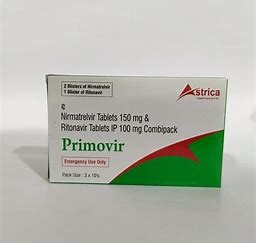
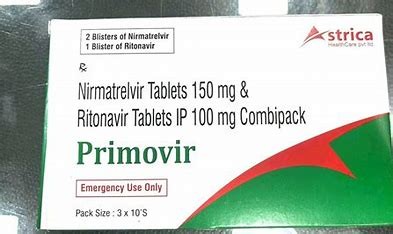
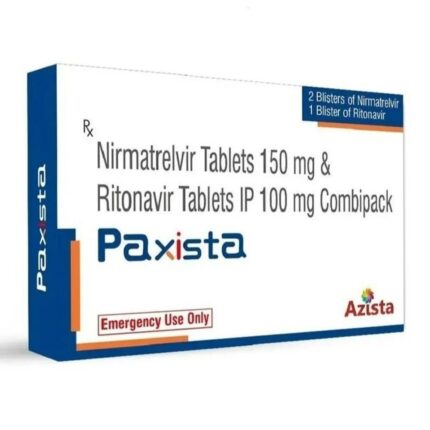
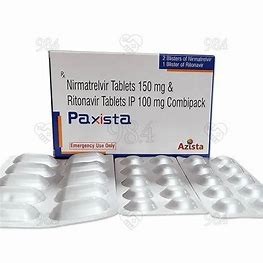

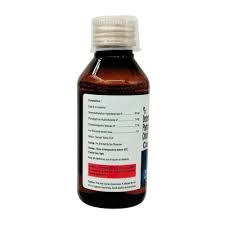



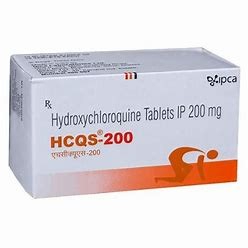
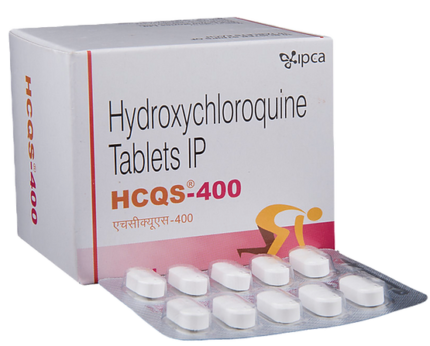


Reviews
There are no reviews yet.